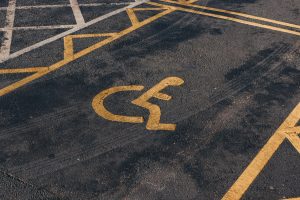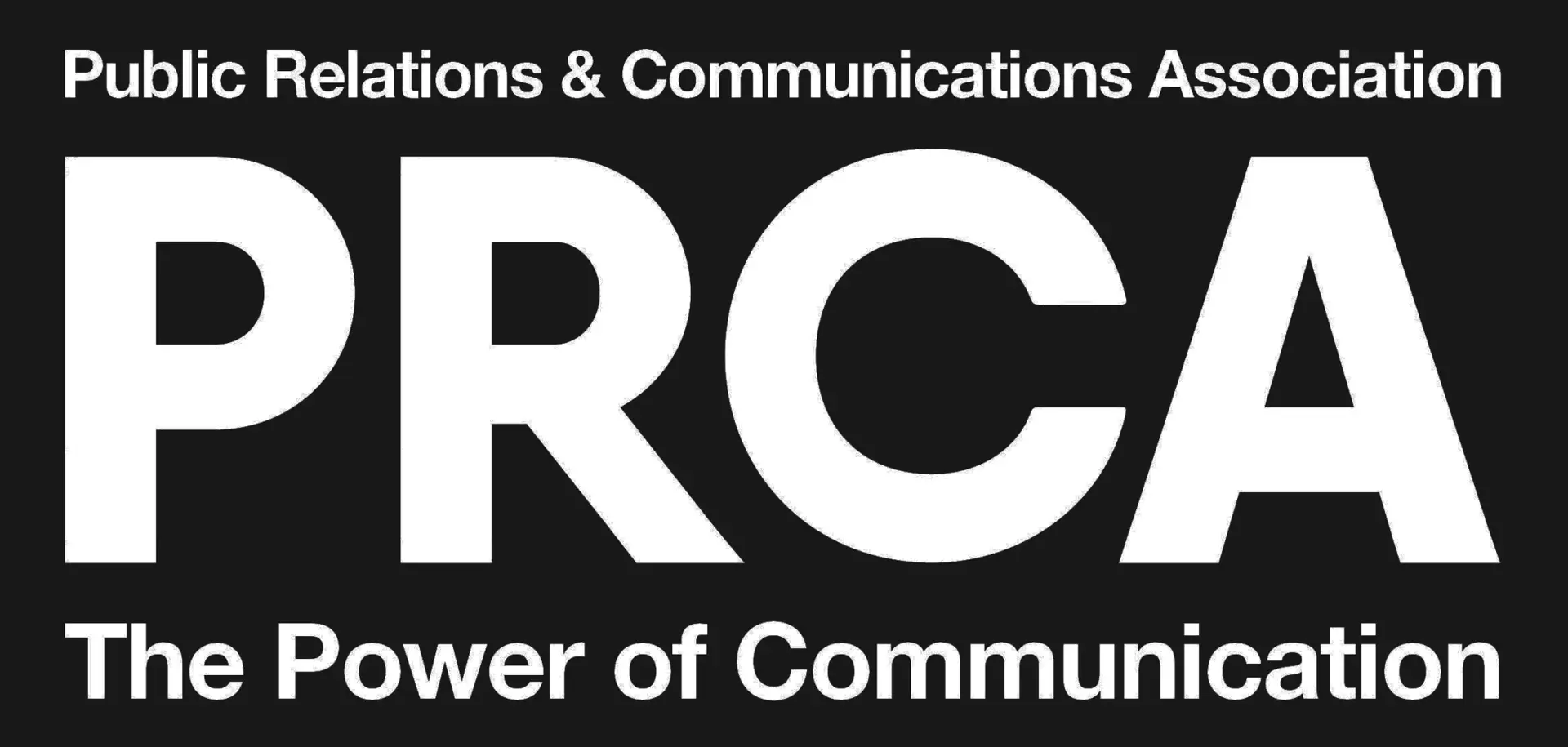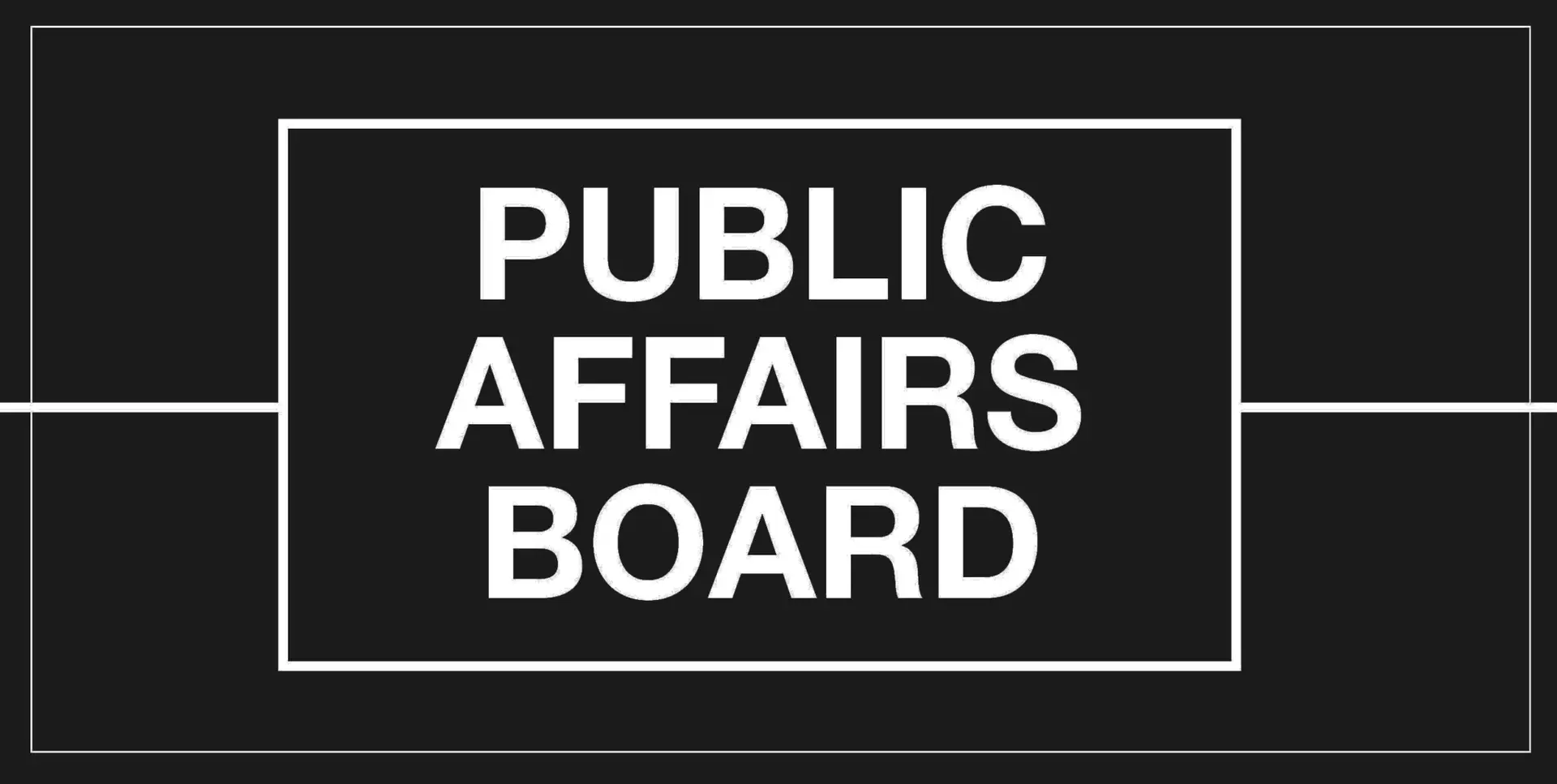Brevia Consulting is providing a weekly round-up and analysis of the UK headlines. This week, read about Putin’s escalation of the war in Ukraine, the Government’s new plan for the NHS and Social Care, and the Government’s Energy Bill Relief Scheme announced earlier this week.
PUTIN ESCALATES WAR IN UKRAINE
On Wednesday, Vladimir Putin announced a partial mobilisation of military reservists. The exact details of the mobilisation are unclear, but as many as 300,000 more Russians could be deployed to Ukraine.[1] This move is prompted by recent victories for Ukraine, who have pushed Russian forces back in the north of the country. In addition, four Russian-occupied territories will hold referendums on whether to join Russia from 23—27 September.[2] Some have speculated that Putin will use the annexations of these territories as justification for a further escalation of the conflict, on the pretext of defending supposed Russian territory.[3] Western leaders have condemned the partial mobilisation, and the referendums, which they describe as a ‘sham’.[4]
GOVERNMENT UNVIELS NEW PLAN FOR THE NHS AND SOCIAL CARE
On Thursday 22 September, The Secretary of State for Health and Social Care, the Rt Hon Thérèse Coffey MP, set out the Government’s plans for the NHS and Social Care. The plan set out the Government’s priorities in four key areas: ambulances, backlogs, care, and doctors and dentists(ABCD).[5] The Secretary of State acknowledged that waiting times will ‘rise before they fall’ as more patients come forward for diagnosis and treatment following the pandemic.[6] The Government announced its expectation that everyone who needs an appointment within two weeks can get one. There will also be changes to the NHS pension scheme to help retain doctors, nurses and other senior NHS staff.[7] Furthermore, £500 million will be made available to support discharge from hospital and £15 million will be used to boost the recruitment of international care workers.
GOVERNMENT ANNOUNCES ENERGY BILL SUPPORT FOR BUSINESSES
On 21 September 2022, the Government announced more detail on its trailed support for business energy bills. Through its Energy Bill Relief Scheme, the Government will provide a discount on wholesale gas and electricity prices for all non-domestic customers. Applying to fixed contracts agreed on or after 1 April 2022, as well as to deemed, variable and flexible tariffs and contracts, it will cover usage from 1 October 2022 to 31 March 2023. With a Supported Wholesale Price set at £211 per Megawatt Hour (MWh) for electricity and £75 per MWh for gas. This is equivalent to the wholesale element of the Energy Price Guarantee for households and likewise temporarily removes green levies from bills. The scheme will be reviewed in three months, to inform the Government’s decisions about what support should be available after March 2023.[8]
BREVIA CONSULTING PROVIDES STRAIGHTFOWARD POLITICAL AND COMMUNICATIONS SUPPORT TO BUSINESSES AND ORGANISATIONS
Discover how Brevia can help you and your organisation by contacting the Brevia Energy Team on 020 7091 1650 or emailing us at contact@brevia.co.uk
Notes
[1] BBC News, ‘Ukraine war: Putin orders partial mobilisation after facing setbacks’, 21 September 2022, Link
[2] The Washington Post, ‘What to know about Russia’s plans to stage referendums in Ukraine’, 21 September 2022, Link
[3] Ibid.
[4] Ibid.
[5] Department of Health and Social Care, ‘Our plan for patients’, 22 September 2022, Link
[6] Ibid.
[7] Ibid.
[8] Department for Business, Energy and Industrial Strategy, ‘Government outlines plans to help cut energy bills for businesses’, 21 September 2022, Link







